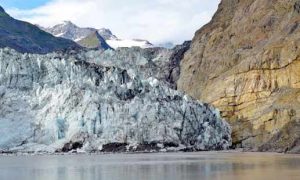
A study published Wednesday shows nearly all the world’s glaciers have been melting at an accelerated pace in recent years, accounting for rises in sea level over the last two decades.
In the study, published in the science journal Nature, an international group of scientists used high resolution imagery from NASA’s Terra satellite to study 220,000 of the world’s glaciers between 2000 and 2019.
They found those glaciers lost an average of 267 billion tons – 267 gigatons – of ice per year.
The study found melting increased over time, from an average of 227 gigatons in the early 2000s, to an average of 298 gigatons each year after 2015.
The study showed the melt was raising sea levels by about 0.74 millimeters a year, or 21 percent of overall sea level rise observed during the period.
Greenland and Antarctic ice sheets were excluded from the study.
Scientists have long warned that warming temperatures driven by climate change are shrinking glaciers and ice sheets around the world, contributing to higher sea levels that threaten the world’s populous coastal cities. The latest reports by the Intergovernmental Panel on Climate Change project that future sea levels will rise by more than a meter by 2100.
Glaciers in Alaska, Iceland, the Alps, the Pamir mountains and the Himalayas were among the most impacted by melting, researchers found.
Glaciers with surrounding communities provide an important water source and their decline could lead to serious food and water shortages.
About half of the world’s glacial losses are in North America.
[content id=”52927″][content id=”79272″]

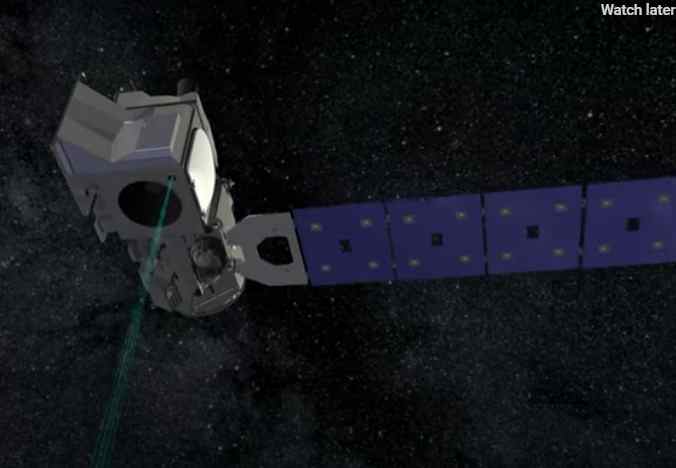
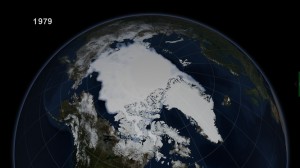
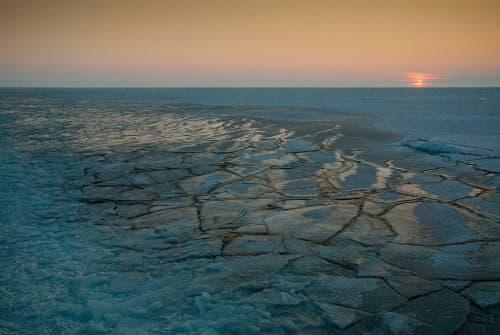
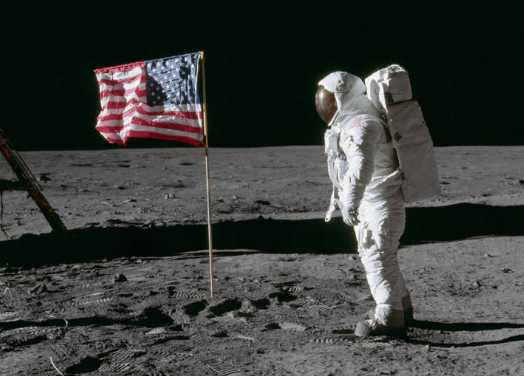

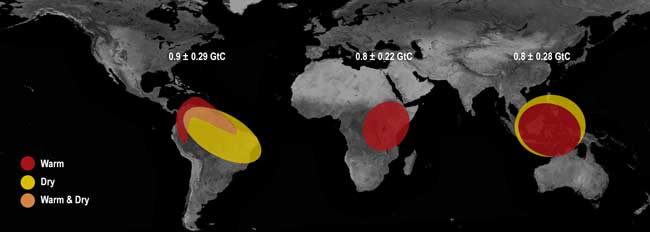

![A Decade of Exploring Alaska's Mountain Glaciers Yakutat Icefield, an expanse of ice of about 310 square miles in southeast Alaska, is considered by glaciologists to be among the ‘walking dead’. The icefield no longer has an accumulation zone – the upper part of a glacier, where mass gains from snowfall exceed ice loss. [NASA/Maria-José Viñas]](https://alaska-native-news.com/wp-content/uploads/glacier-2.jpg)